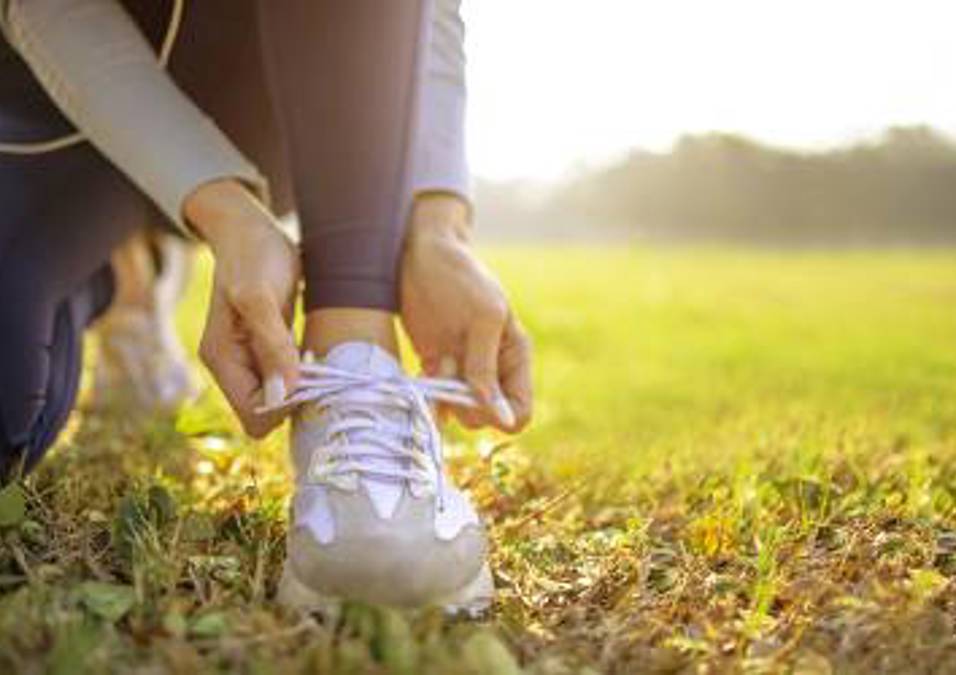Best Time to Exercise for Heart Health?

SIGN UP FOR YOUR FREE DAY PASS TODAY!
Many people enjoy exercising early in the morning, believing it's the best time of day.
They often experience an energy boost and an early sense of accomplishment, without distractions from work or family.
On the flip side, night owls sometimes force themselves to hit the gym in the morning, thinking it's the only effective time for a workout.
This imposed schedule can make them grumpy and less likely to maintain a regular fitness routine.
Good news for everyone—including you, Healthy Heart—exercise benefits your cardiovascular health no matter the time of day.
Recent research indicates that working out in the afternoon or evening might be even more advantageous than morning sessions.
Remember, any exercise is better than none, so choose a time that fits your lifestyle to ensure a sustainable routine.
Exercise Timing and Heart Disease
A 2024 study in Diabetes Care found that moderate-to-vigorous physical activity after 6 p.m. is linked to the lowest levels of all-cause mortality and cardiovascular disease.
Researchers tracked over 29,000 people with obesity for nearly eight years.
Those who engaged in aerobic activity for at least three minutes in the evenings had a 25% to 32% lower risk of dying or developing heart disease compared to morning or afternoon exercisers.
Interestingly, the evening group achieved these results with fewer exercise sessions.
They averaged three and a half peaks of physical activity, while the morning and afternoon groups averaged about five bouts per day.
Overall, just 12 minutes of moderate-to-vigorous evening exercise can significantly support heart health.
Is Evening Exercise Best for Everyone?
If nighttime workouts sound unappealing, disrupt your sleep, or cause indigestion, they might not be right for you.
While the study's findings are valuable, they're not definitive. Your personal routines, responsibilities, and daily rhythms should guide when you exercise.
In fact, another large study in Nature Communications followed over 90,000 people in the U.K. and found that afternoon exercisers and those who spread their activity throughout the day had a lower risk of heart disease and death than evening exercisers.
This discrepancy may arise from the first study focusing on people with obesity and comparing them to a sedentary control group, while the second study included the general population and compared them to morning exercisers.
The data suggests that for those with obesity, later workouts might be better.
However, while morning exercise benefits overall health, it may not be as advantageous for cardiovascular health as workouts later in the day.
Afternoon or evening exercise also reduces insulin resistance by up to 25%, stabilizing blood sugar levels.
It can help lower high blood pressure and mitigate the cardiometabolic risks of obesity.
A Simple Way to Increase Evening Exercise
As a health coach and personal trainer with over 20 years of experience, I've seen clients succeed by setting aside 30 minutes after dinner for a walk, bike ride, or quick workout using fitness apps.
Think of it as leisure time or a way to clear your head. Bring a family member, meet a friend, or listen to a podcast, music, or audiobook.
Even if 18 of those 30 minutes are low intensity, include three to four moderate- to high-intensity intervals lasting at least three minutes each.
This approach can significantly benefit your heart health.
Imagine the nutrients from your dinner fueling your body—protein, healthy fats, and carbohydrates—strengthening your body before winding down for the night.
Morning or midday exercise is also great for your health. Find what works best for you. If you want to elevate your fitness routine, consider adding some afternoon or evening exercise.
The key questions to ask yourself are:
What does your schedule allow? And when are you most likely to lace up your sneakers and get moving?
Your answers are the best indicators of how to take care of your heart and overall well-being.
Source: forbes
The opinions shared in the GymNation blog articles are solely those of the respective authors and may not represent the perspectives of GymNation or any member of the GymNation team.














































































